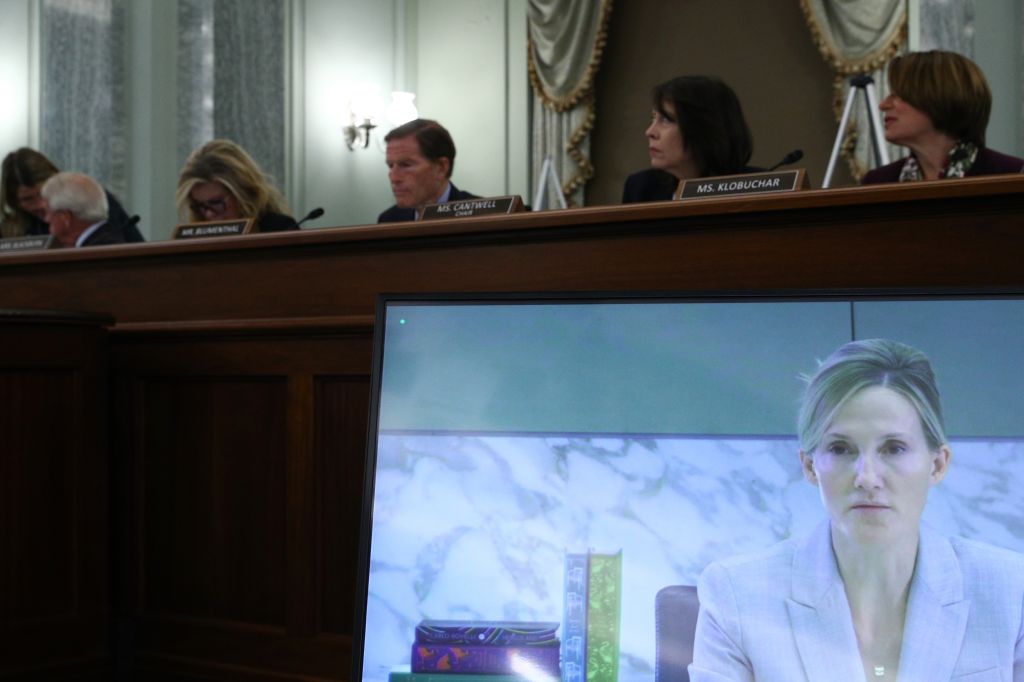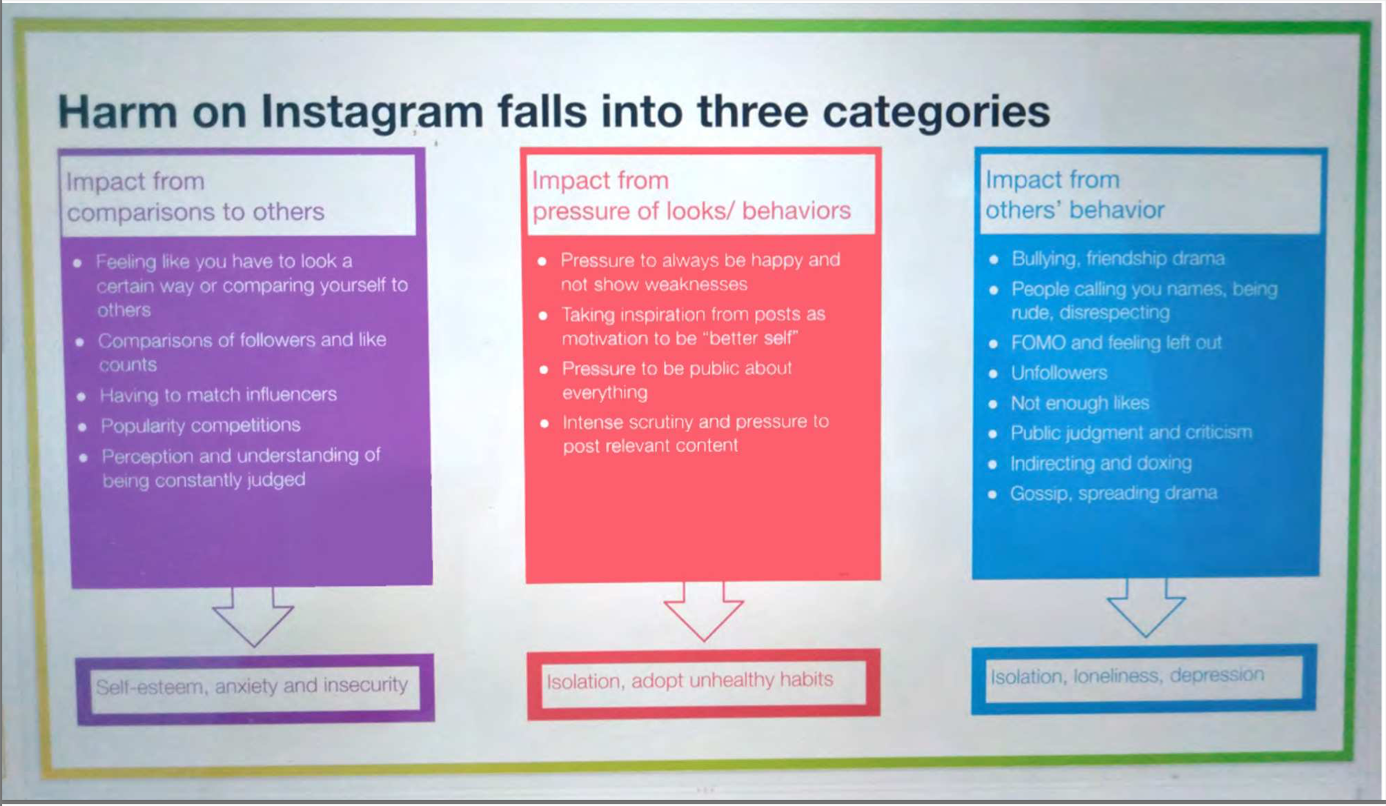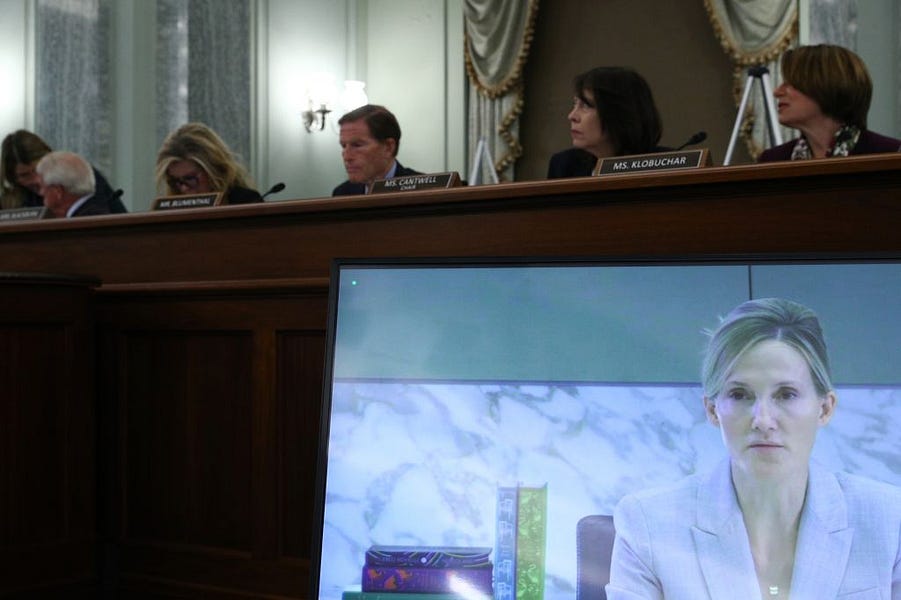Happy Friday! To all of our readers employed by the federal government: We are very glad that you aren’t going to be furloughed or asked to work without pay!
Quick Hits: Today’s Top Stories
-
President Biden signed into law Thursday evening a bill funding the government through December 3 and averting a partial shutdown. The legislation—which passed the House 254-175 and the Senate 65-35 earlier in the day—also includes about $30 billion for emergency disaster relief and resettling allies evacuated from Afghanistan.
-
House Democratic leadership delayed a vote on the Senate-passed bipartisan infrastructure bill last night as progressives dug in on their pledge to tank it unless they received assurances that the larger reconciliation bill would pass the Senate. Negotiations will continue today.
-
The daily average of confirmed new coronavirus infections has fallen 26 percent nationwide over the past two weeks in a sign that the summer’s Delta surge may have peaked. COVID-19 hospitalizations have fallen 17 percent over the same time period, while daily COVID-19 deaths—a lagging indicator—have remained more or less steady around 2,000.
-
The Department of Homeland Security announced new immigration enforcement guidelines on Thursday giving Immigration and Customs Enforcement agents more discretion over how to prioritize enforcement of the law, focusing on illegal immigrants deemed threats to national security, public safety, or border security. “The fact an individual is a removable noncitizen therefore should not alone be the basis of an enforcement action against them,” DHS Secretary Alejandro Mayorkas said.
-
The Senate voted 50-48 on Thursday to confirm Rohit Chopra as director of the Consumer Financial Protection Bureau.
-
Initial jobless claims increased by 11,000 week-over-week to 362,000 last week, the Labor Department reported on Thursday.
Is Social Media Akin to ‘That First Childhood Cigarette’?

Pick any two lawmakers at random, and odds are they both want to regulate Facebook—for entirely different reasons. Some want to break it up because they say it’s too profitable; others want to break it up because it’s too powerful. Some want to revoke its Section 230 protections because they believe it censors too much; others want to revoke its Section 230 protections because it doesn’t censor enough. A Republican-controlled Federal Trade Commission fined Facebook $5 billion in 2019 after finding it “deceiv[ed] users about their ability to control the privacy of their personal information,” and a Democratic FTC is now trying to prove the company violated antitrust law in its rise to the top.
But on Thursday, a group of senators from across the political spectrum seemed to coalesce around a newer, simpler case for regulation: Facebook’s products are actively harming its users.
(Disclaimer: The Dispatch is a participant in Facebook’s third-party fact-checking program.)
The Senate Commerce Committee’s Subcommittee on Consumer Protection, Product Safety, and Data Security scheduled yesterday’s hearing with Facebook Global Head of Safety Antigone Davis in the wake of a devastating Wall Street Journal report that unearthed internal Facebook research showing the company was aware of Instagram’s deleterious effects on younger users, particularly teenage girls. (Facebook purchased the photo-sharing app for $1 billion in 2012.)
“We make body image issues worse for 1 in 3 teen girls,” reads the headline of one slide in a November 2019 presentation. Another notes that “teens blame Instagram for increases in the rates of anxiety and depression” and “teens who struggle with mental health say Instagram makes it worse.”

In a lengthy statement released 12 days after the Journal’s report, Facebook said its research actually demonstrated many teens believe “using Instagram helps them when they are struggling with the kinds of hard moments and issues teenagers have always faced” and attempted to downplay the significance of the leaked slides.
“These documents were … created for and used by people who understood the limitations of the research, which is why they occasionally used shorthand language, particularly in the headlines, and do not explain the caveats on every slide,” Head of Research Pratiti Raychoudhury said. “Our internal research is part of our effort to minimize the bad on our platforms and maximize the good. We invest in this research to proactively identify where we can improve—which is why the worst possible results are highlighted in the internal slides.”
Davis, Facebook’s global head of safety, hit on many of the same points in her opening statement yesterday, arguing the Wall Street Journal mischaracterized the company’s research to make it into more of a bombshell than it really is. Lawmakers weren’t having it.
“I beg to differ with you, Ms. Davis,” Democratic Sen. Richard Blumenthal, chair of the subcommittee, said. “This research is a bombshell. It is powerful, gripping, riveting evidence that Facebook knows of the harmful effects of its site on children and that it has concealed those facts and findings.”
Sen. Ed Markey, a Democrat from Massachusetts, put forth an unflattering analogy. “The problem isn’t that Instagram hasn’t developed a safe product for kids; the problem is Instagram itself,” he said. “Instagram is that first childhood cigarette, meant to get teens hooked early, exploiting the peer pressure of popularity, and ultimately endangering their health. Facebook is just like Big Tobacco, pushing a product that they know is harmful to the health of young people … all so Facebook can make money.”
Davis, testifying virtually, scoffed at the comparison. “Our products actually add value and enrich teens’ lives,” she said. “They enable them to connect with their friends, their family.”
Instagram has been around only a little over a decade, and longitudinal studies looking at its long-term effects are limited. But Facebook’s internal research didn’t surprise Chris Barry, a psychology professor at Washington State University who studies the intersection of self-esteem and social media.
“We definitely see that teens can be really vulnerable to negative social comparisons through social media content,” he told The Dispatch. “It’s still hard to draw cause and effect, but the trends that should get our attention are significant increases in teen loneliness, and also teen sleep problems. And there’ve definitely been efforts to look at how strong that line might be between social media engagement and those trends.”
New York University social psychologist Jonathan Haidt has found something similar: “Correlational studies generally show curvilinear relationships with measures of anxiety and depression, meaning that light to moderate use of social media is not associated with bad outcomes, but heavy use is.”
Facebook, for its part, claims that part of the reason it conducted the aforementioned research in the first place was to identify these issues and tweak its platforms to address them. “One of the things that we’re actually looking at is called ‘nudges,’” Davis said, “where we would actually nudge someone who we saw potentially rabbit-holing down content towards more uplifting or inspiring content.”
The company announced in February that it had begun “surfacing more expert-backed resources when people search for eating disorder-related content,” and it barred posts showing or describing self-harm two years earlier. In recent months, Instagram paused development of its Instagram Kids app, strengthened teenagers’ default privacy settings, and began allowing users to hide the number of ‘likes’ any given post receives.
Teens and adults alike “use that [likes number] as sort of a social status symbol,” Barry said, calling the move a potential step in the right direction. “On the other hand, these apps do thrive on people using them. … It remains to be seen how they will juggle safety concerns with the motive to continue to engage people, too.”
Lawmakers made clear yesterday their distinct lack of faith in Facebook’s ability to self-regulate. “Your business model, in part, is eyeballs and time spent online with your services,” GOP Sen. Dan Sullivan told Davis. “Can you really on your own help people take a break, or do we, the U.S. government, have to help people take a break?” Alongside the hearing, Sens. Markey and Blumenthal reintroduced their Kids Internet Design and Safety (KIDS) Act that would, among other things, outright ban (for children under 16) like and follower counts, push notifications, and auto-play videos that lead to “prolonged and unhealthy viewing sessions.”
Republican Sen. Josh Hawley suggested an alternate proposal. “I think we ought to allow people to sue the social media companies for harm, just like we do in tobacco,” he told The Dispatch Thursday morning. “If your child has been harmed, or if you’ve been harmed—and you can prove it—you ought to be able to bring a suit.” He introduced legislation to that effect later in the day.
Neither bill is likely to go anywhere, but the efforts demonstrate a growing—and bipartisan—consensus that something ought to be done about the role these Big Tech companies play in all of our lives. “I’m not a big fan of the Chinese Communist Party,” Sen. Sullivan said toward the end of the hearing. “But they have told Chinese teenagers to take a real break and to limit the amount of time that teenagers in China can spend on social media or gaming or things like this. Do you think the U.S. government needs to look at doing something like that? An edict, if you guys won’t?”
“I personally believe we’re going to look back like 20 years from now and see the massive, social, mental health challenges that were created by this era,” Sullivan continued. “We’re going to look back and we’re going to go, ‘What in the hell were we thinking?’”
If even the creators of many of these products prohibit (or strictly limit) their own children’s use of them, the argument goes, then maybe the rest of the country should, too. In the coming months and years, lawmakers will undoubtedly grapple with whether those decisions should be made by the government (like with cigarettes and alcohol) or by parents (like with soda and McDonalds Happy Meals).
“At the end of the day, there is something called personal responsibility in this country,” Sen. Marco Rubio told Kelly O’Donnell at the Atlantic Festival on Thursday. He was discussing his opposition to COVID-19 vaccine mandates, but the point is relevant here, too. “I wish people exercised more. I wish people would lose weight. I wish people would monitor their blood sugar so they don’t have a diabetic episode that can cost them their lives down the road. But just because we think that’s the right thing for people to do, there are some things we can’t force people to do.”
Piecing Together an Afghanistan Withdrawal Timeline
Top Pentagon officials answered a lot of questions about the Afghanistan withdrawal when they testified before Congress this week, but they didn’t answer all of them. Why was military guidance to leave behind a residual force in Afghanistan discarded, and by whom? What led the administration to tap the brakes on a noncombatant evacuation operation as the Taliban closed in? In a piece for the site, Charlotte stitched together a rough timeline of the past several months, keying in on the decisions made at crucial junctures in the withdrawal process.
When Biden came to office in January, he inherited a U.S. military presence in Afghanistan of about 2,500 troops.
According to Bill Roggio, senior fellow at the Foundation for the Defense of Democracies and editor of its Long War Journal, this force had been sufficient to prevent the collapse of the Afghan government.
But Biden also—as has been pointed out by the administration on more than one occasion—inherited an agreement, inked in Doha, Qatar, by the Trump team in early 2020, to reduce U.S. forces to effective zero by May 1, 2021. As Milley explained during Tuesday’s hearing, however, that deal was contingent on the Taliban’s adherence to seven conditions—six of which it flouted, despite the U.S.’s full cooperation prior to May 1.
As the Joint Chiefs of Staff chairman conceded this week—and as Vital Interests’ Thomas Joscelyn expanded on in great detail before the Senate Armed Services committee yesterday—the Taliban and al-Qaeda enjoy symbiotic and longstanding ties in violation of the agreement.
On April 14, the White House announced its unconditional retreat from Afghanistan, keeping a deadline but pushing it back several months to September 11.
Two weeks later, on the Trump administration’s original departure date of May 1, the Taliban and al-Qaeda began coordinated military offensives across Afghanistan.
By May, the Taliban’s early territorial gains and the U.S.’s continued drawdown at the behest of the president forced the Pentagon to rework its recommendation. When it became clear that there remained dwindling hope to hold Bagram or retain a residual presence, Politico reported Tuesday, the generals adopted the mantra of “speed equals safety” and urged the administration to begin a noncombatant evacuation operation.
The White House and State Department snubbed that recommendation, too, citing concern that such a step would undermine the Afghan government and prompt mass departures. Asked what he would change about the decisions made by the Biden administration vis-à-vis Afghanistan Tuesday, McKenzie said he would have begun the evacuation of civilians sooner.
On August 6, the Taliban moved in on Nimruz’s capital of Zaranj, capturing its first full province.
Even as other provincial capitals fell in rapid succession, the Pentagon refrained from ordering an evacuation operation or reoccupying Bagram in anticipation of an evacuation (the base remained under ANSF control). According to Austin, holding the base would have “contributed little to the mission we had been assigned: to protect and defend our embassy some 30 miles away.”
One week later, as Taliban fighters entered Kabul and Afghan President Ashraf Ghani fled the country, the Defense Department finally issued orders to secure Kabul’s Hamid Karzai International Airport and begin the evacuation of civilians. The rushed evacuation and the many thousands of people it left behind now begs the question: Why did we wait?
Worth Your Time
-
If you aren’t already reading Arthur Brooks’ weekly “How to Build a Life” column on finding meaning and happiness, we recommend you start. Thursday’s entry focused on the troubles with relying on your job title or job performance to define your self-worth. “Too many people who work hard and strive for success self-objectify as excellent work machines and tools of performance. Strivers seek professional success to deliver satisfaction and happiness,” he writes. “But self-objectification makes both impossible, setting us up for a life of joyless accomplishment and unreachable goals followed by the tragedy of inevitable decline. To be happy, we need to throw off these chains we put on ourselves.”
-
There’s a growing sense of anger and entitlement among Democratic commentators who argue Sens. Joe Manchin and Kyrsten Sinema need to fall in line with party leaders’ $3.5 trillion reconciliation bill. But the past few weeks of negotiations are proof that the system is functioning as intended, Charlie Cooke writes in National Review. “It is, of course, true that legislatures are slow and messy and, occasionally, irrational,” he writes. “But that is because the United States, too, is slow and messy and, occasionally, irrational. What [Manchin and Sinema’s critics] are ultimately complaining about is that their party does not have more seats in the federal legislature. And why doesn’t their party have more seats in the federal legislature? Well, because the American public did not give them more seats in the federal legislature.”
-
The Washington Post’s Dave Weigel has an update on states’ various redistricting processes in his latest edition of The Trailer. “Just three states have approved new congressional maps for the next decade: Oregon, Maine and Nebraska. Forty-one states are still crowded around the drawing board,” he notes. “But the patterns, and their political impacts, are already obvious. Where one party controls the process, it’s creating as little competition as mathematically possible. Where the power’s been handed to a nonpartisan commission, the maps may be more competitive than ever.”
Presented Without Comment
Also Presented Without Comment
Toeing the Company Line
-
Scott Lincicome—author of the Capitolism newsletter—dropped by The Remnant yesterday for a conversation with Jonah about tariffs, taxes, and the Trans-Pacific Partnership.
-
On the site today, Harvest reports on Congress’ efforts to reform military justice procedures, namely to remove military commanders’ authority to investigate and prosecute certain crimes, including sexual assault, and give it to trained independent military prosecutors instead.
-
Also, Dalibor Rohac writes that the Biden administration’s emphasis on China accurately reflects its status as our biggest global rival. But he also has a laundry list of problems in Eastern Europe that can’t be ignored.
Let Us Know
Do you think Sen. Markey’s comparison between Facebook and Big Tobacco is fair? Do the benefits of social media outweigh the alleged downsides?
Reporting by Declan Garvey (@declanpgarvey), Andrew Egger (@EggerDC), Charlotte Lawson (@lawsonreports), Audrey Fahlberg (@AudreyFahlberg), Ryan Brown (@RyanP_Brown), Harvest Prude (@HarvestPrude), and Steve Hayes (@stephenfhayes).







Please note that we at The Dispatch hold ourselves, our work, and our commenters to a higher standard than other places on the internet. We welcome comments that foster genuine debate or discussion—including comments critical of us or our work—but responses that include ad hominem attacks on fellow Dispatch members or are intended to stoke fear and anger may be moderated.
With your membership, you only have the ability to comment on The Morning Dispatch articles. Consider upgrading to join the conversation everywhere.